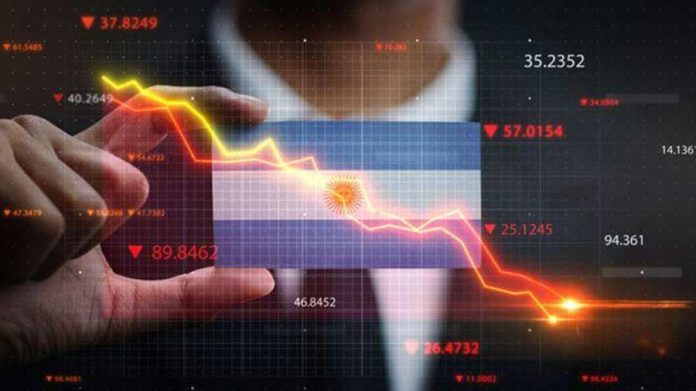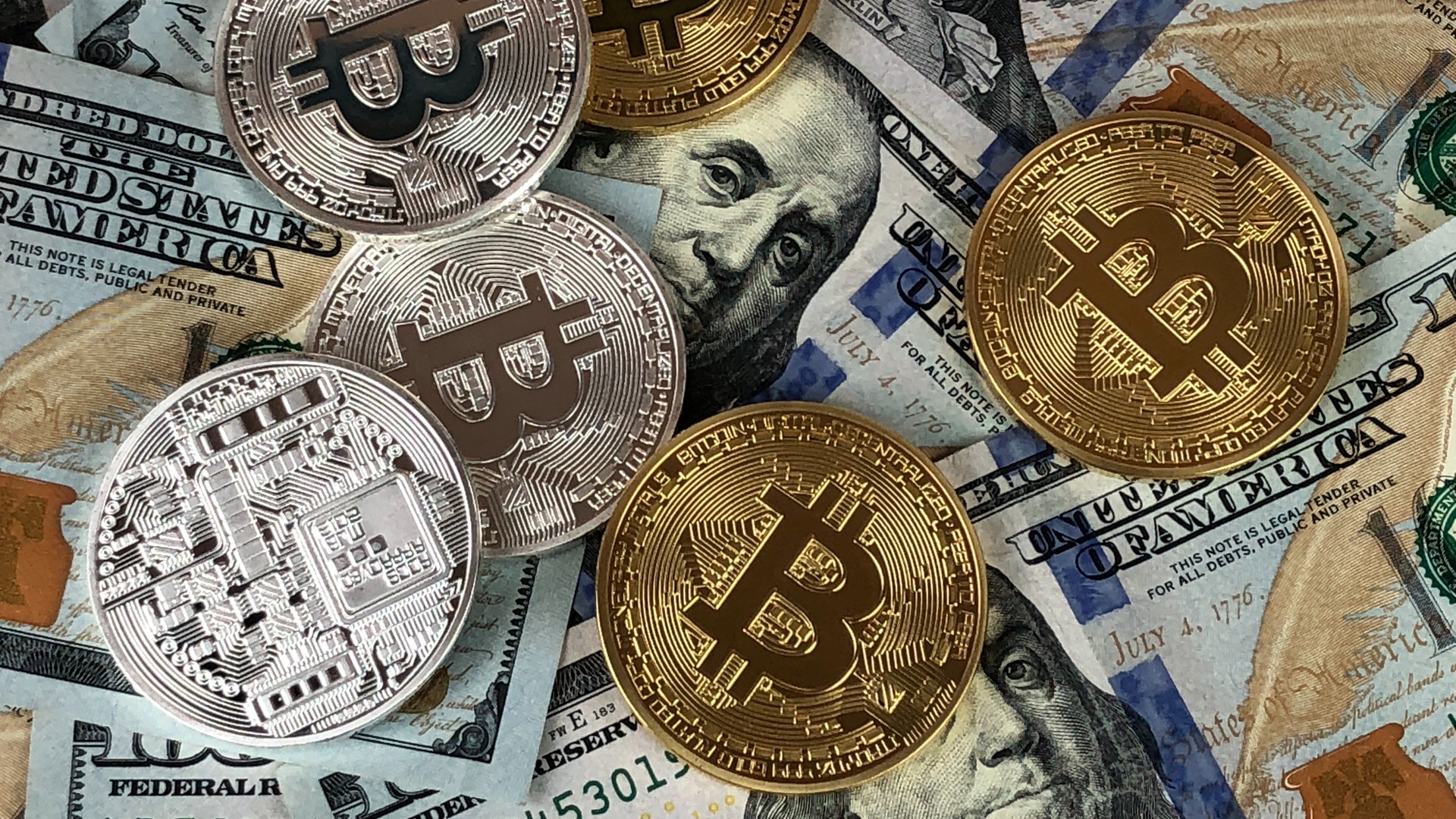International Monetary Fund (IMF) is a global organization that fosters monetary coordination on an international level, enables commerce between countries, encourages growth in the economy, and upholds financial stability. The International Monetary Fund (IMF) was founded in 1944 during the Bretton Woods Conference, which took place in New Hampshire, USA. IMF’s main goals are to advance…Read More



